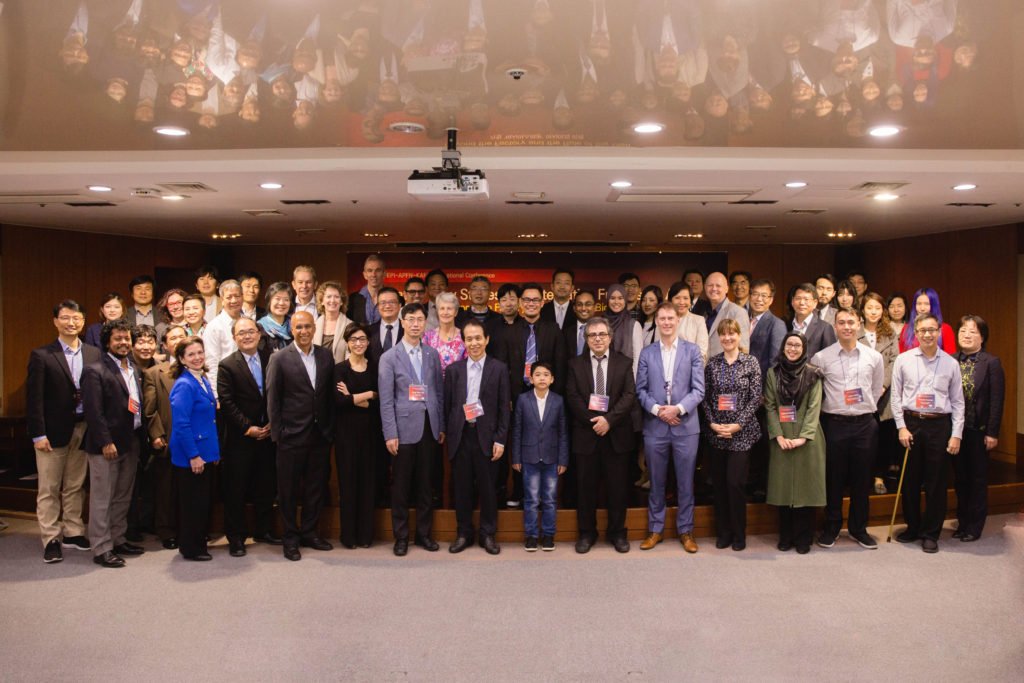
3rd APFN: Creating New Stories and Alternative Futures for Asia: Beyond the Factory and the Rule of Big Men, Seoul, Korea
April 20-21, 2017
Is the future colonized? Are Asian leadership, management systems and innovation informed by patriarchal worldviews? What would governance and Asian leadership look like beyond the rule of big men? Can gender or women narratives disrupt how Asians perceive the future? What are the ties that binds, that unites Asia in the 21st century? Can Asia innovate or would it remain, despite technological growth and economic advances, a copy cat? Can Asia disrupt the factory model and create a socio-politicaj-economic model that champions a non-linear, emergent model of society (i.e philosophy, values, diversity, community, heterogeneity, culture, women, children and family that drives social transformation)? How do Asian futurist imagine the futures of Asia? What are the alternative, plausible futures of Asia? Can Asia create a new story for Asia?
Venue: National Information Society Agency, Seoul, Korea
Organized by: Science and Technology Policy Institute (STEPI), Asia Pacific Futurists Network (APFN), and The Korea Association for Futures Studies (KAFS)
Partnering Organizations: National Information Society Agency (NIA), The Seoul Institute, Korea Employment Information Agency (KEIS), Tamkang University, Taiwan, and Association of Professional Futurists, US
Brunei Futures Initiative presented under ‘Regional Special’ Panel Session, 20th April. Panelists from BFI were Dr Ivana Milojević, Yuzilawati Abdullah and Ishan Johari, all from the Centre for Strategic and Policy Studies, Brunei Darussalam.
Panel presenters discussed the background, context and current efforts of ‘doing futures in Brunei’. Specifically:
Dr Ivana Milojević presented an overview of BFI’s Past, Present and Forthcoming Activities. She provided ‘an outsider’s perspective’ on doing futures in Brunei.
Yuzilawati Abdullah talked about scenario-building Approaches to Project Brunei's Alternative Futures project. She provided an ‘insider’s perspective’ on doing futures in Brunei.
Ishan Johari presented examples from the Emerging Issues as Warning Signals for Addressing Brunei’s Futures project and Futures Deck, policy brief and the journal article that came as a result.
All three panelists discussed the unique features of planning, strategizing and policy making in Brunei in the context of exploring new stories and futures for Asia in general and South East Asia in particular. The panel concluded with a lively discussion between the panelists and the participants about the commonalities and differences of doing futures in the Asia-Pacific region.
